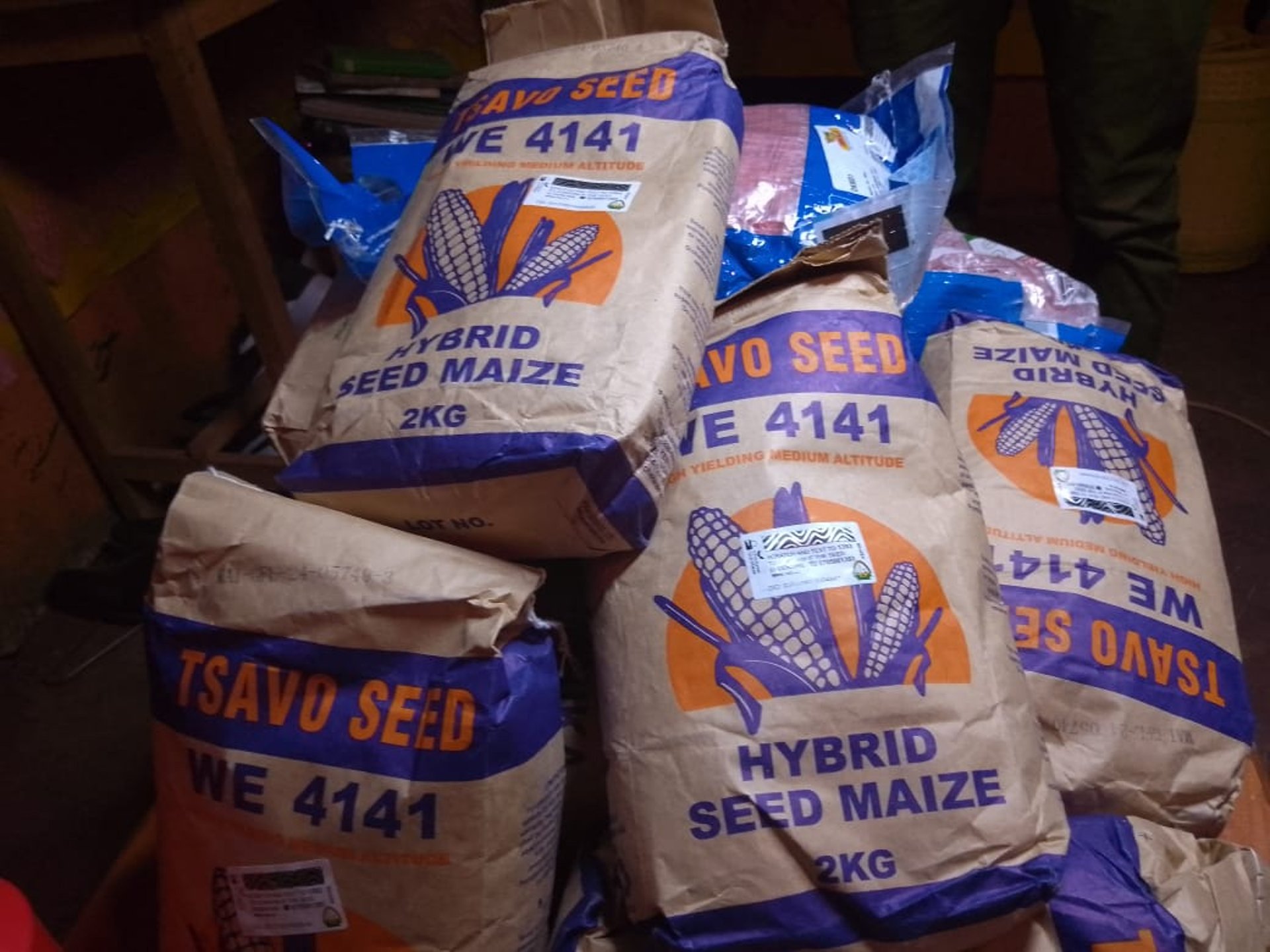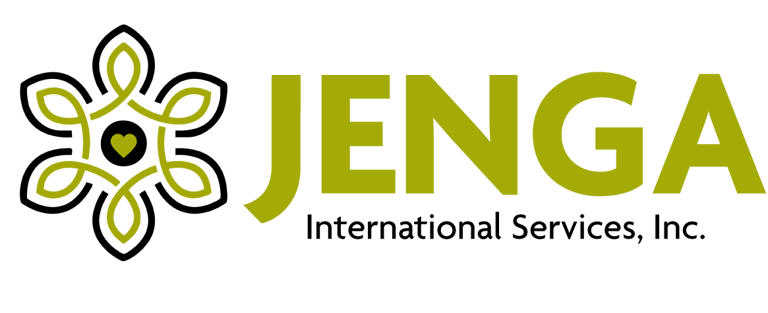
Kakamega County
Kakamega County, situated in western Kenya, faces significant challenges that hinder its residents' ability to thrive, particularly in education, food security, and economic development. These systemic issues underscore the critical need for charitable support to uplift the community.
Educational Barriers
Despite the implementation of Kenya's Free Primary Education policy, Kakamega's schools are overwhelmed by high enrollment numbers, leading to overcrowded classrooms and strained resources. Many schools lack adequate teaching staff and infrastructure, resulting in poor academic performance. For instance, vocational training centers suffer from insufficient funding and resources, limiting opportunities for youth skill development.
Cultural practices and economic activities, such as bullfighting and gold mining, further divert youth from educational pursuits, as immediate financial gains are often prioritized over long-term educational benefits.


Food Insecurity and Poverty
Approximately 33% of households in Kakamega experience food insecurity, with 60% unable to access a minimally diverse diet. Child malnutrition remains a pressing issue, with stunting affecting 12% of children under five.
The county's poverty incidence stands at 49.2%, with over 800,000 residents living below the poverty line. This widespread poverty exacerbates challenges in accessing education and healthcare, perpetuating a cycle of deprivation.


Gender Inequality and Vulnerable Populations


Girls in Kakamega face additional hurdles, including early marriages and limited access to education. Societal norms often relegate girls to domestic roles, and financial constraints lead families to prioritize boys' education. Lack of access to sanitary products further hampers girls' school attendance, with some resorting to transactional means to obtain basic necessities.
Children with disabilities, such as those who are deaf, encounter significant barriers due to inadequate resources and lack of trained educators, leading to lower educational outcomes and limited future opportunities.
Address:
Jenga International Services, Inc. Post Office Box 1160-50102 Mumias
Hours:
Tues - Thurs, 10 AM - 4 PM
Phone:
+254 734745682
Email:
admin@jengaisinc.org
© Jenga International Services Inc.
Public Benefit Organization
Jenga International Services Inc. owes its establishment to the Public Benefit Organizations (PBO) Act, which was enacted in Kenya in 2013 but only came into effect on May 14, 2024. This law, delayed for 11 years, provides a thorough, unified, predictable, and transparent framework for registering and regulating civil society entities within Kenya, Africa.
